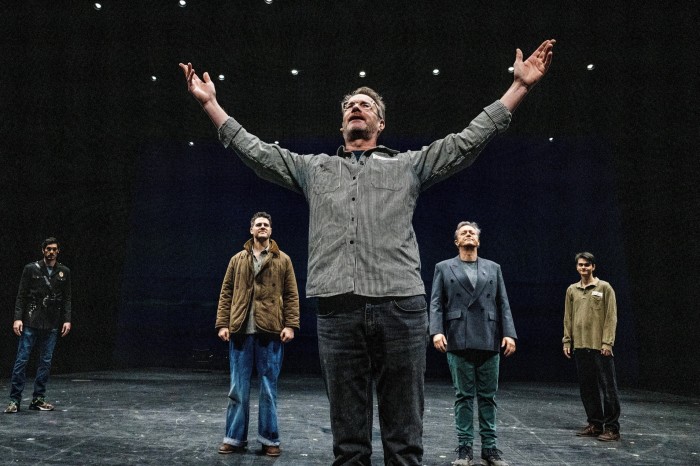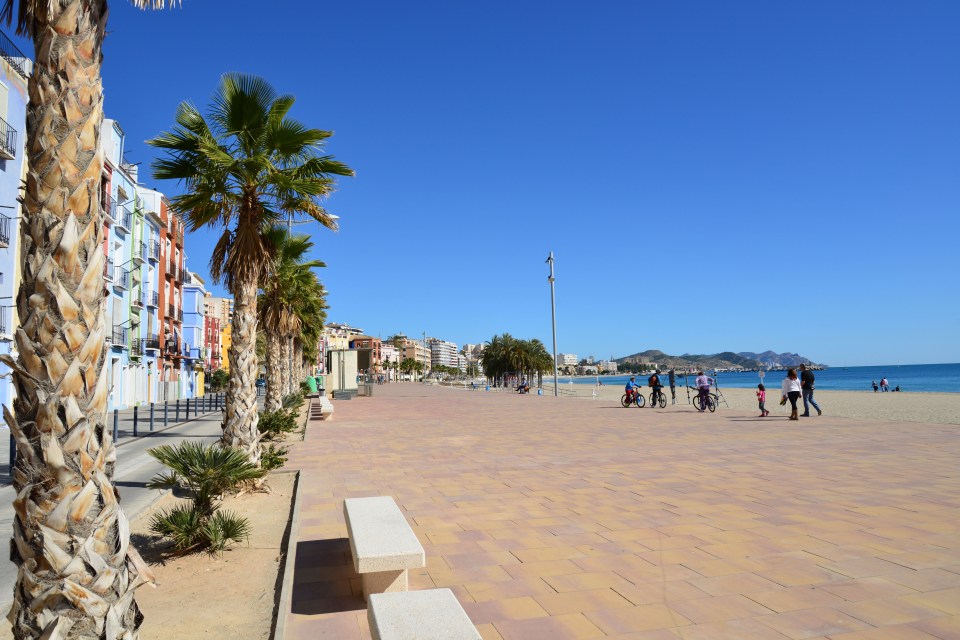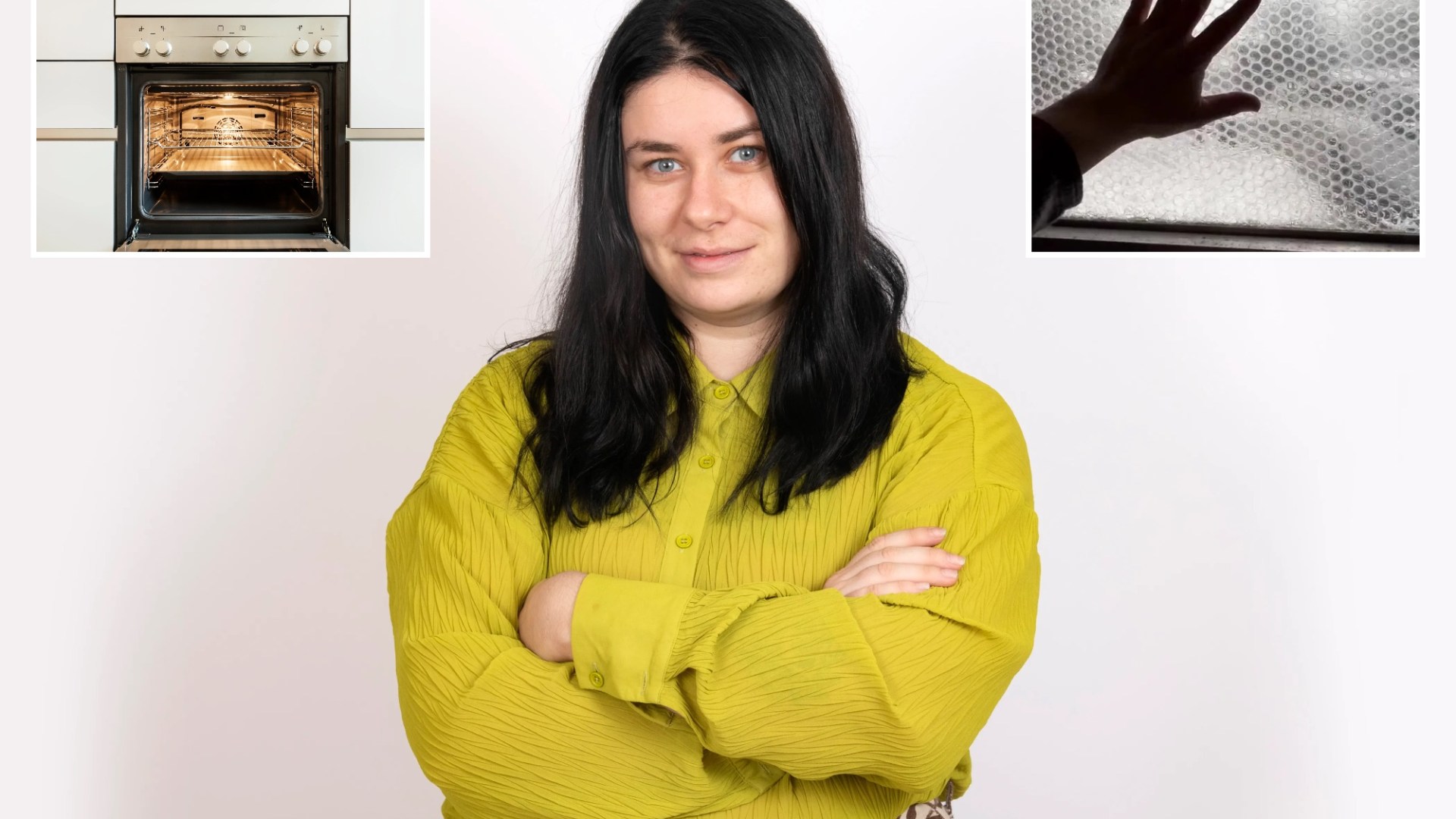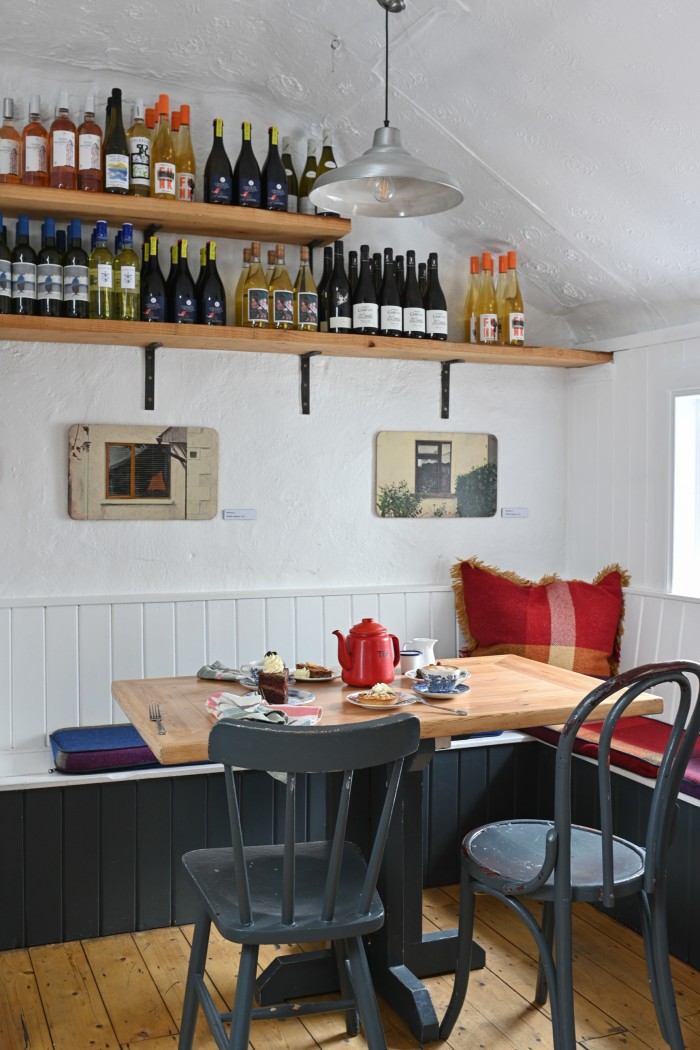Although it is on the edge of Nanjing, the backstage area of the Poly Grand Theatre has more than a touch of New England about it. In one dressing room, prison clothes and a faintly familiar flat cap hang from the wall. They will be worn by Mark Rowswell, a 59-year-old Canadian who, until he starts speaking Mandarin, looks as though he would only ever be reading from an English script.
Over four decades, Rowswell has carved out a career in the Chinese language. Breaking through on state-backed television in the late 1980s and 1990s, he was the first foreigner to be initiated into “crosstalk”, a specialised form of stand-up comedy. This year, after a three-year hiatus, he is touring the country in a Chinese-language production of The Shawshank Redemption. Every part is played by a foreigner.
Trying to learn Chinese is a bit like trying to learn tennis in a world with a billion Roger Federers. But Rowswell, even if he didn’t pick up a racket until he was 19, has the aura of a Wimbledon contender. Among the Chinese population, where he is known as Dashan, he easily ranks among the most famous living foreigners. If you impress a taxi driver, you might be flattered with a comparison. “The funny thing is, people actually do say that to me,” he tells me, a few hours before the play begins. “You speak good Chinese, but not as good as Dashan.”
His almost mythological status, like many myths, is tied up in the soul of a nation. As China reopened from Communist closure in the 1980s (“The next century belongs to China,” he recalls in the headlines of the time), few outsiders had learnt the basics of the language. Rowswell, who arrived in 1988 to study, was soon swept up in an often joyful process of rediscovering the wider world.
Today, the mood has shifted. During the Covid-19 pandemic, when Rowswell remained in Canada, China was once again cut off. Its relationship with the world’s superpower deteriorated sharply. North Americans are again few and far between: there are now fewer than 1,000 US university students in China, compared with more than 10,000 pre-pandemic. In this environment, the prospect of greater integration, linguistically or culturally, suddenly seems distant.

Meanwhile, political controls have tightened. The Shawshank Redemption, the 1994 prison drama based on a Stephen King novella that became one of the most celebrated American films, is a bold performance to stage. For some, it might be seen to embody a competing worldview. But Rowswell, despite finding himself in a different era, still believes in the pursuit of “commonality”.
“In English, we would say this is a story about freedom. In China, we would see it more as a story about hope,” he says. “But what is it that we hope for? Freedom.”
It was in 1988, shortly after graduating in Chinese from the University of Toronto, that Rowswell first played the part of Dashan. The name, which literally means “Big Mountain”, was given to him for a skit on state-run China Central Television in which two foreigners were speaking “vernacular street Chinese”.
He had a foreign accent, he says, but after another year of study he appeared with Chinese comedians. “Everyone remembered that image [from a year earlier],” he says. “That’s when I started to get the reputation for someone who speaks Chinese better than Chinese people.”
It is hard to imagine anyone elsewhere attaining such a reputation so quickly, or at all. But modern Mandarin Chinese, like the railways, the mass media, the schools and the newly reopened stock market, was part of a 20th-century nation-building exercise: an updated lingua franca. Many people in China were, and still are, native speakers of dialects that remain distinct from it.
The spectacle of a Canadian conveying the country’s officially defined sounds struck a chord. “This whole idea [of speaking] Chinese better than the Chinese was culturally reassuring,” says Rowswell. “I think there was a real angst about losing Chinese culture and language.”
He recalls the routine for crosstalk: “I would be the foreign pupil and I would be working with my Chinese teacher, but I would always be getting the better of my teacher . . . and that became kind of a comedic schtick.”
This public image soon became “oppressive”. People were eager to test him. “It had become this sort of perfect, ‘Dashan opens his mouth and poetry comes out’ kind of thing, and I can’t do that in real life,” he says. “I can’t live up to the standard of a polished television show 24/7.”
The most striking thing about Rowswell is his voice, an instrument that remains finely tuned no matter how long he plays it. So, while out of China for three years during the pandemic, he set up a voice recording studio in Canada.
His first project was a Chinese translation of the memoir of a Canadian doctor in Henan province in the 1930s (the Brits and Americans would be in Beijing or Shanghai, but “smaller countries like Canada” would be in the hinterlands). It was a “salute” to his own grandparents, Canadians who lived in China in the 1920s as Anglican missionaries. There was widespread tuberculosis at the time. “They came with three children and left with one,” he says.
After that, he soon moved on to classical Chinese poetry, which he recites to music. It might have been expected that he had already studied it, before or during his rise, as many western university students of Chinese do. “It’s too complicated, it’s too advanced,” he says. He has a database of several hundred poems by now.
His recitations, which he memorises (he struggles to read from a script, and suspects he has a “little bit of dyslexia”), have tens of millions of views on social media platforms. Many of the comments remark that he is now “old”, which, not wanting to be “frozen in time”, he doesn’t mind. Others remark, as they did decades ago, on the quality of his Chinese. He says the poems are recognised as being performed to a “professional level”, rather than being a “novelty”.
“As a performer, in a piece that I’ve worked on, I can achieve native-level fluency,” he says. “But not in regular life.”
What does he lack? He often makes “a mental note of an interesting expression” when listening to others speak, “because I would think, I could express that idea, but I wouldn’t express it the same way, and that’s a much [more] elegant way.
“I’ll search for words, and maybe I’ll use repetitive patterns of expression that are more limited than a native speaker.”
Speaking is one challenge, but understanding is another matter. In a culture that venerates age, people try to test him less often now. But he has also embraced imperfection. “I try in my work now to be sincere,” he says, “and when I don’t understand something, just to tell people I don’t understand.”
“Don’t you think too,” he adds, “part of the thing about having an international experience is you learn how to operate in an environment where you don’t necessarily understand everything?”
For Rowswell, the experience has been international by design. In the mid-1990s, he moved back to Canada with his Chinese wife and two children. Even during the golden era of integration, he travelled to the mainland for around half the year, rather than living there.
Is China more closed now? “Certainly.” But he “never expected China was going to become a western democracy or anything”. As with his own career, he sees the internet as the driver of change. “It seems to have made it more important for us to find an identity, because it’s kind of scary [for] the world to be so open.”
In contrast to Canada, he says, China has “such a strong sense of self-identity” and emphasises difference when comparing cultures. “I think there’s a very, very deep sense in China that they are misunderstood at a very fundamental level, and they never will be understood,” he adds. But sometimes, he is told that “foreigners just don’t get it, except for Dashan”.
His own internationalism, meanwhile, seems embedded in his upbringing in postwar Canada. He says he “totally failed” with compulsory French at school, though an hour earlier, when describing his grandfather’s service in the first world war, he pronounced Ypres with a certain aplomb. Canada was, in his childhood, an “immigrant society”, one where you’re exposed to “all different kinds of cultures”.
“I had friends who were from India, or Hungary, or Lithuania, and they spoke their native language at home with their parents and then they came to school and they spoke English,” he says. “So that’s why I started studying Chinese in the beginning . . . I started to just really think, man, I should learn a different language too.”
A few hours later, at least among the audience in the Nanjing Poly Grand Theatre, the sense of New England is less palpable. The foreign actors deliver their lines in impressively standard Mandarin, and the story, complete with Bible references, remains intact.
Zhang Guoli, the director and only Chinese person to speak, is introduced on to the stage by Rowswell. He thanks the cast, in a Mandarin that is somehow the same, and somehow different. “They love China,” he says. One young actor spontaneously raises his hands in acknowledgment.
Is this, I wonder, a glimpse of China dressed up in a foreign costume? For Rowswell, who is not well known outside the country, it was another performance among many: part of a long, unusual career, with which almost everyone in the theatre would have been so familiar that it does not, really, seem unusual at all.
“That’s one of the problems I have with doing foreign media interviews,” he says. “The readers at least, or the audience, don’t have that background, so it’s always a new story, it’s always a novelty story.”
Dashan, Rowswell reflects, has always been a “specific entity” — a character who exists within a Chinese universe.
“It only exists within that universe,” he adds. “Even this article, this is sort of outside of the universe.”
Thomas Hale is the FT’s Shanghai correspondent.
Additional reporting by Wang Xueqiao
Find out about our latest stories first — follow FT Weekend on Instagram and X, and subscribe to our podcast Life & Art wherever you listen












































































































































































You must be logged in to post a comment Login